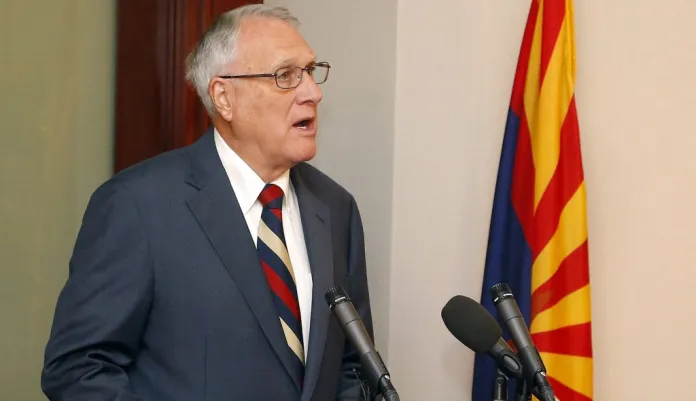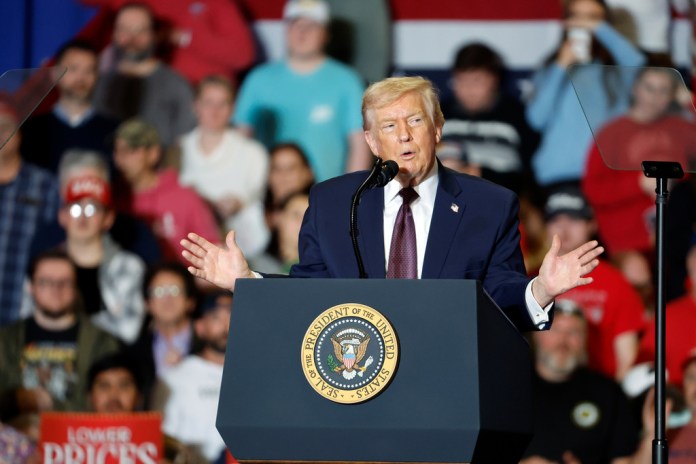Ilhan Omar Proves Why Some Foreigners Shouldn’t Hold US Office
The article discusses comments made by Somali-born Minnesota Representative Ilhan Omar regarding what it means to be “american.” She criticized an immigration law signed by President John Adams as “un-American” and condemned President Donald Trump’s invocation of the alien Enemies Act of 1798, which allows for deportation of foreigners from enemy nations. Omar’s remarks have sparked debate, with the author arguing that her views demonstrate a lack of understanding of American values and sovereignty.The piece contends that being “American” is about prioritizing the country and its citizens, rather than accommodating foreigners. It suggests Omar’s allegiance might be divided due to her immigrant background,implying that this disqualifies her from holding office in the United States.
Somali-born Minnesota Rep. Ilhan Omar decided to lecture Americans on Wednesday about what it means to be “American,” calling an immigration law signed by President John Adams “un-American.” But her comments only prove why some foreigners should never hold office in the United States.
President Donald Trump said during his inaugural address that he would invoke the Alien Enemies Act of 1798 to protect Americans from “foreign gangs and criminal networks.” The act allows the president to deport foreigners of an enemy nation. But Omar condemned the act as “un-American.” Yes, a Somali immigrant is telling Americans that one of America’s founders, John Adams, was acting in a way that was “un-American.”
Omar also claimed Trump’s immigration agenda is “a threat to immigrants” and that we must “restore basic humanity to our immigration system.”
Here’s the thing, however: Being “American” isn’t about making foreigners feel comfortable — it’s about protecting our sovereignty, our values, and our people. But Omar’s remarks prove she has no grasp of what it means to be “American” and therefore should be disqualified from holding American office.
But why does Omar not understand what it actually means to be American? Because she’s not an American. She’s a citizen of America, but her complete and total allegiance will never be just to America. It’s why she told supporters in her district that she would use her position of power to help benefit her homeland.
But the survival of our republic depends on national unity, and the admission of foreigners — both legal and illegal — threatens to undermine that. Alexander Hamilton explained as much in 1802 when discussing the “consequences that must result from a too unqualified admission of foreigners, to an equal participation in our civil, and political rights.”
“The safety of a republic depends essentially on the energy of a common National sentiment; on a uniformity of principles and habits; on the exemption of the citizens from foreign bias, and prejudice; and on that love of country which will almost invariably be found to be closely connected with birth, education and family.”
Hamilton further noted how it is “extremely unlikely” that foreigners “will bring with them that temperate love of liberty, so essential to real republicanism” and that foreigners will “entertain opinions on government congenial with those under which they have lived.”
Omar most certainly did not bring the “temperate love of liberty” to the United States. But that’s because she, like so many others, does not see America as a place of “liberty” that deserves assimilation. Rather, she sees it as a place that must accommodate Somalis like herself. A place that owes Somalis and other foreigners the chance to escape the perils of their homeland while importing foreign ideas and practices that do not align with American values. Omar is more focused on changing the United States to suit her vision rather than embracing what it means to be part of this nation that was founded by “un-American” people like Adams.
Notably, some founders worried about the dangers of allowing foreigners to be part of the federal government without “strong” checks.
In a letter to George Washington, John Jay wrote: “Permit me to hint, whether it would not be wise and seasonable to provide a strong check to the admission of Foreigners into the administration of our national Government.”
Members of the Constitutional Convention debated on Aug. 13, 1787, about how long an immigrant needs to be a citizen before he could become a member of the House of Representatives. Elderbridge Gerry “wished that in future the eligibility might be confined to Natives. Foreign powers will intermeddle in our affairs, and spare no expense to influence them. Persons having foreign attachments will be sent among us and insinuated into our councils, in order to be made instruments for their purpose.”
James Madison “wished to invite foreigners of merit and republican principles among us.” But he believed (perhaps naively) that while there were dangers associated with foreigners obtaining appointments, it would not happen in “any dangerous degree.” Madison opined that “our own people [would] prefer natives of this Country to [foreigners]” thereby remedying his concern.
Omar’s remarks are a stark reminder of why some of the founders believed in the necessity of “strong” checks on foreigners in our government.
Brianna Lyman is an elections correspondent at The Federalist. Brianna graduated from Fordham University with a degree in International Political Economy. Her work has been featured on Newsmax, Fox News, Fox Business and RealClearPolitics. Follow Brianna on X: @briannalyman2
" Conservative News Daily does not always share or support the views and opinions expressed here; they are just those of the writer."




